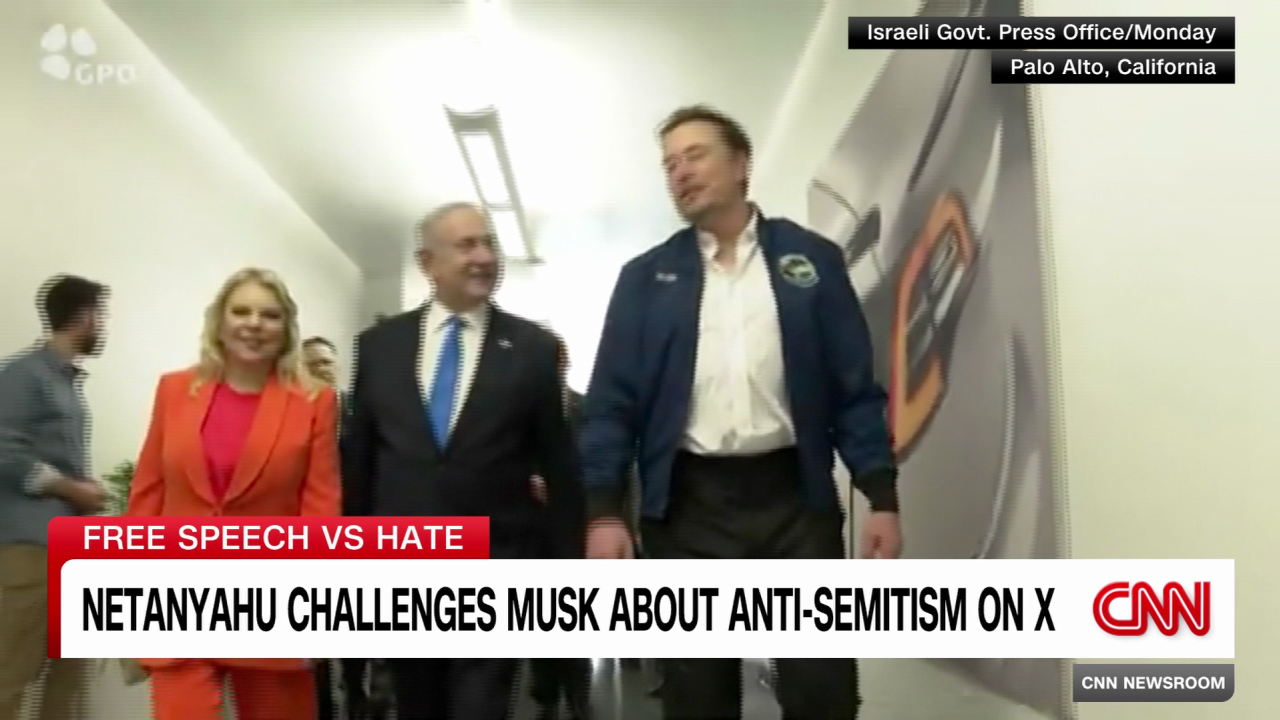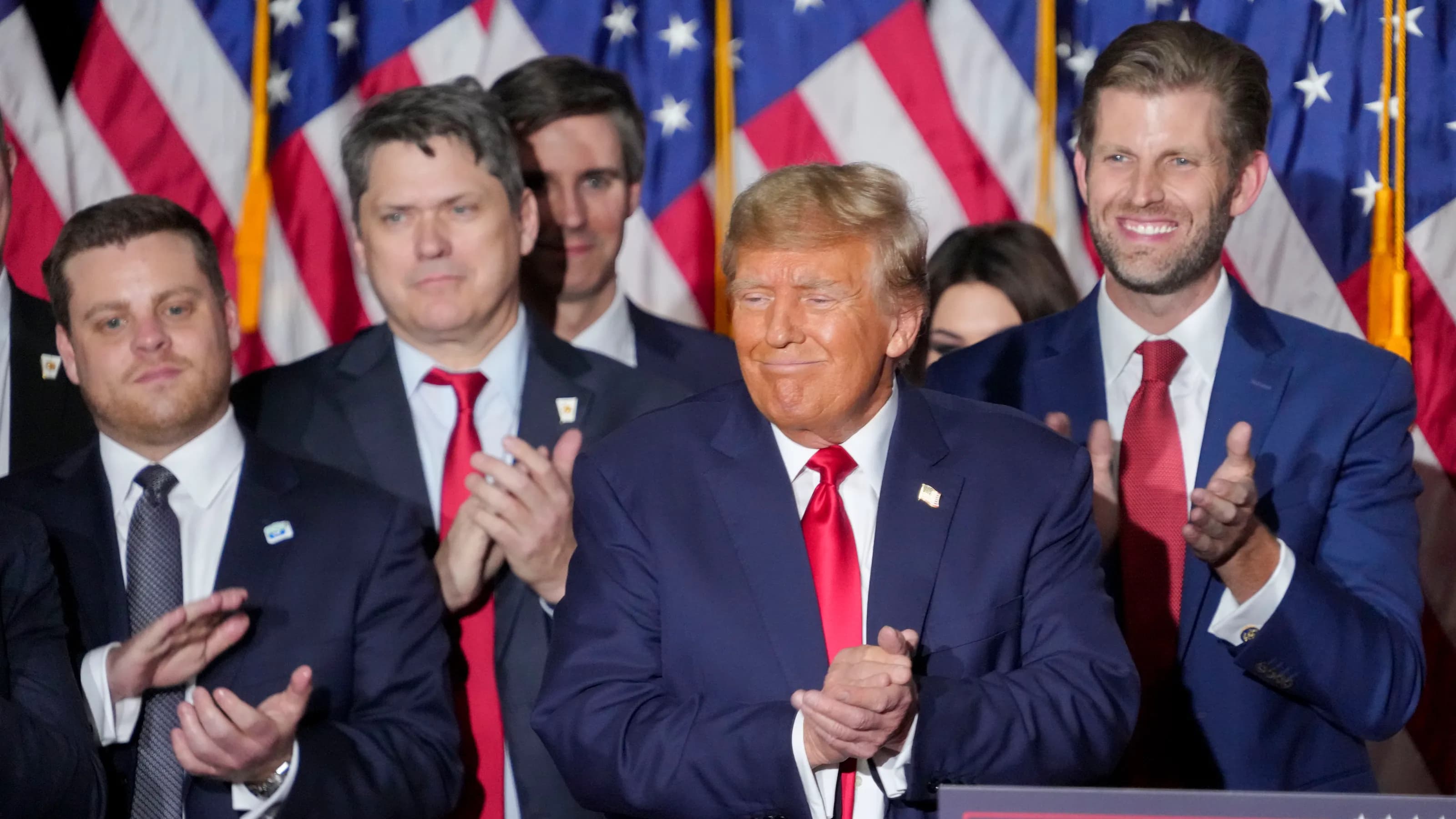Trump"s Dangerous Language Stirs Controversy
During a speech at the Iowa State Fairgrounds, President Donald Trump unleashed a wave of antisemitic rhetoric, using the term "shylocks" in reference to bankers. This term, deeply rooted in centuries-old stereotypes of Jewish people, was employed while he touted the passage of a massive $3 trillion domestic policy bill aimed at family farmers. As reported by NBC News, the backlash was immediate, highlighting not only the president"s problematic language but also the alarming normalization of such tropes under his administration.
Historical Context of Antisemitism in Politics
Trump"s use of the term "shylock" echoes a dark history of antisemitism that has long plagued political discourse in the United States. The Anti-Defamation League quickly condemned his remarks, labeling them as "very troubling and irresponsible." The group emphasized that words from leaders carry weight and can perpetuate harmful stereotypes. This is not an isolated incident; Trump has faced accusations of antisemitism throughout his political career, raising concerns about the impact of his rhetoric on social cohesion.
Previous Instances of Antisemitic Remarks
Trump"s history with antisemitic language includes previous comments that drew widespread criticism, such as the infamous "very fine people on both sides" statement following the 2017 Charlottesville rally. These instances contribute to a troubling pattern of behavior that not only alienates marginalized communities but also emboldens hate groups across the nation.

Battling hate speech online
Policy Implications of Trump"s Domestic Agenda
In a bid to garner support for his sweeping domestic policy initiative, Trump framed his proposals as beneficial for struggling family farmers, promising relief from estate taxes. However, the underlying implications of such policies, coupled with his inflammatory language, raise questions about the true beneficiaries of his agenda. As reported by NBC News, this $3 trillion bill is touted as a monumental achievement, but it remains to be seen how it will affect the most vulnerable populations, particularly in rural areas where economic disparities are already exacerbating social injustice.
Environmental Justice at Stake
The emphasis on agricultural policy must also consider the environmental ramifications. The intersection of climate action and social justice cannot be overlooked. As a former environmental scientist, I recognize the critical need for sustainable farming practices that support both the economy and the environment. Trump"s policies could jeopardize efforts to transition to sustainable systems, especially in regions already facing the brunt of climate change impacts.
Community Reactions to Trump"s Remarks
In the wake of Trump"s speech, community leaders and activists have voiced their concerns over the potential for increased hate and violence. Amy Spitalnick, CEO of the Jewish Council for Public Affairs, highlighted the danger of normalizing such language, stating that it fosters an environment where discrimination can thrive. The connection between political rhetoric and societal behavior cannot be understated; the rise of hate crimes in recent years reflects the tangible consequences of such inflammatory speech.
Calls for Accountability
As the nation grapples with the implications of Trump"s words, calls for accountability from elected officials and community leaders are growing. The need for a unified front against hate and discrimination is paramount, especially as the country approaches a pivotal election year. The progressive movement must amplify marginalized voices and push for policies that prioritize justice and equality over division and fear-mongering.

Trump, Hegseth push Golden Dome missile defense plan



![[Video] Gunfire between Iraqi security forces and Sadr militias in Baghdad](/_next/image?url=%2Fapi%2Fimage%2Fthumbnails%2Fthumbnail-1768343508874-4redb-thumbnail.jpg&w=3840&q=75)
